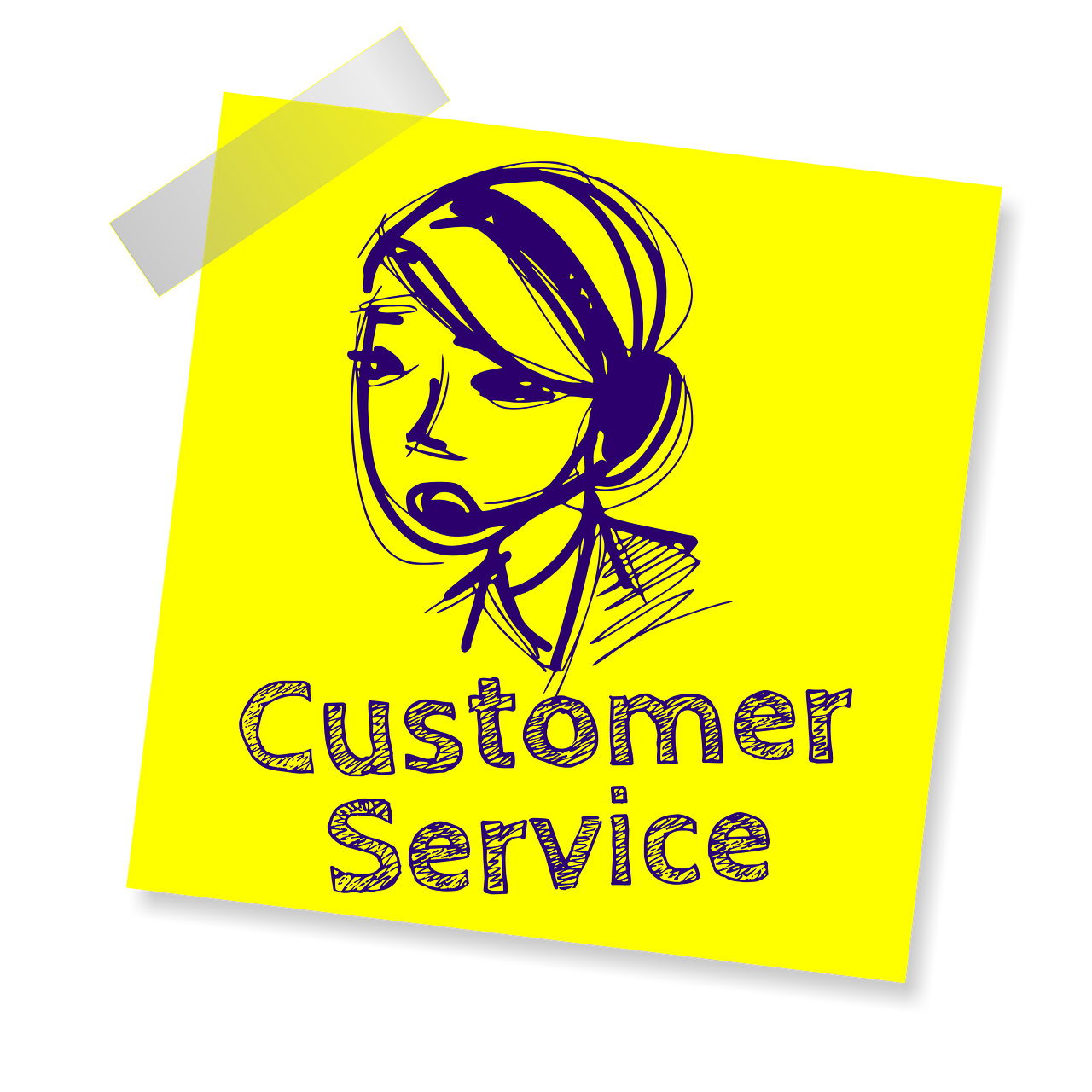Many small businesses are turning to third-party providers for their customer support services. These companies specialize in these functions and can offer higher quality than a small business can achieve on its own.

Look for a partner that provides customer support through all the channels your customers use, such as email and chat. It should also provide a flexible payment system that allows you to pay for what you use.
Cost-effectiveness
When it comes to customer service, the right company can provide great results at a cost-effective price. Hiring an in-house team of support representatives can be expensive, especially when you consider salary, training, and other related expenses.
A reputable outsourcing vendor has the experience to meet and even exceed customer expectations. For example, many customers don’t like to wait more than a minute for their calls to be answered. A world-class customer service vendor will have processes in place to minimize average wait time, and will monitor and measure these metrics to ensure that they are meeting or exceeding expectations.
Another advantage of outsourcing customer service is that it allows your in-house employees to focus on other responsibilities. They can continue to develop products and promote them to their audiences. This enables you to build brand loyalty and increase market share. In addition, it can reduce risk and improve scalability. This is because your partner can handle more of the work than you can, and they have a lot of expertise in this area.
Scalability
Customer service is a critical component of a business, and it can be difficult to manage when your company grows. Using a third-party provider allows you to scale your customer support team up or down depending on your current and projected needs. It also helps you save money and time by eliminating the need to hire new employees or invest in training.
Moreover, outsourcing your customer support allows you to provide personalized service and increase loyalty. Customers often cite how well a company treats them as the main factor for their decision to buy from the company in the future. Additionally, satisfied customers are more likely to recommend the company to their friends and family.
Some businesses worry that they will lose the personal touch of an in-house customer service team when outsourcing their needs. However, this concern is overstated. A good customer support partner will capture your brand’s unique voice and offer a flexible customer service model that fits your needs. They will also use intuitive data capture software and other tools that maximize operational efficiency.
Flexibility
Customer service outsourcing is a way for businesses to reduce the workload of their internal support team. However, it is important to note that outsourcing providers should be an extension of a company’s team and not replace them. They should be able to provide customers with solutions and answers quickly via multiple channels, including phone, email, chat, reviews, and social media.
A reputable business process outsourcing (BPO) company or call center can provide an excellent customer experience and ensure consistent quality across all channels. Their agents are trained to understand and meet customer expectations, including reducing average wait time. They can also provide a flexible staffing solution, which is ideal for seasonal demands and surges in customer demand.
All of these benefits contribute to an increase in customer satisfaction. In addition, a BPO can offer support in multiple languages and make sure that calls are handled promptly. Some owners worry about losing the personalized touch that comes with in-house customer support. While this is true, it can be countered by choosing a partner that understands your brand’s culture and agreeable demeanor.
Time-saving
One of the biggest concerns business owners have about outsourcing their customer support is that they won’t be able to maintain a personalized touch. However, this fear is often unfounded. A reputable agency will work with you to make sure their team mirrors your brand’s culture and agreeable demeanor. They also understand the importance of maintaining a high standard for call center service. For example, they should avoid putting customers on hold for long periods of time.
Lastly, they will ensure their agents have the knowledge and experience needed to answer complex questions. This allows your in-house staff to focus on their core competencies, such as sales or marketing.
Ultimately, choosing the right customer support outsourcing provider can save you time and money. Look for a vendor that offers a flexible customer service platform that allows you to manage your queues and track performance in real-time. This will help you deliver a consistent, seamless experience to your customers. Additionally, a reputable vendor will have processes in place to reduce average wait time (AWT) and provide quality assurance (QA) feedback to improve operational efficiency.
Security
While it’s a good idea to outsource customer support, you should also take steps to ensure your information is secure. This is especially important if your customer service team handles sensitive information, such as contact details or payment information. A reliable customer support outsourcing company will protect your business from security threats, and their data protection protocols comply with industry standards.
Established customer support providers use advanced technology and processes to improve efficiency and quality of customer support. For example, they may offer automated routing systems to reduce the average call time and minimize wait times. They also provide a wide range of tools and metrics to measure performance, including net promoter score, customer satisfaction, and customer effort scores.
One of the biggest challenges with customer support outsourcing is maintaining consistent communication between internal and external teams. This can be difficult, particularly when you work with teams from different countries and cultures. To overcome this challenge, you should create a communication style guide and define the essential components of your brand’s voice and tone. You should also monitor and train your external team to ensure that they understand your customer service standards.
